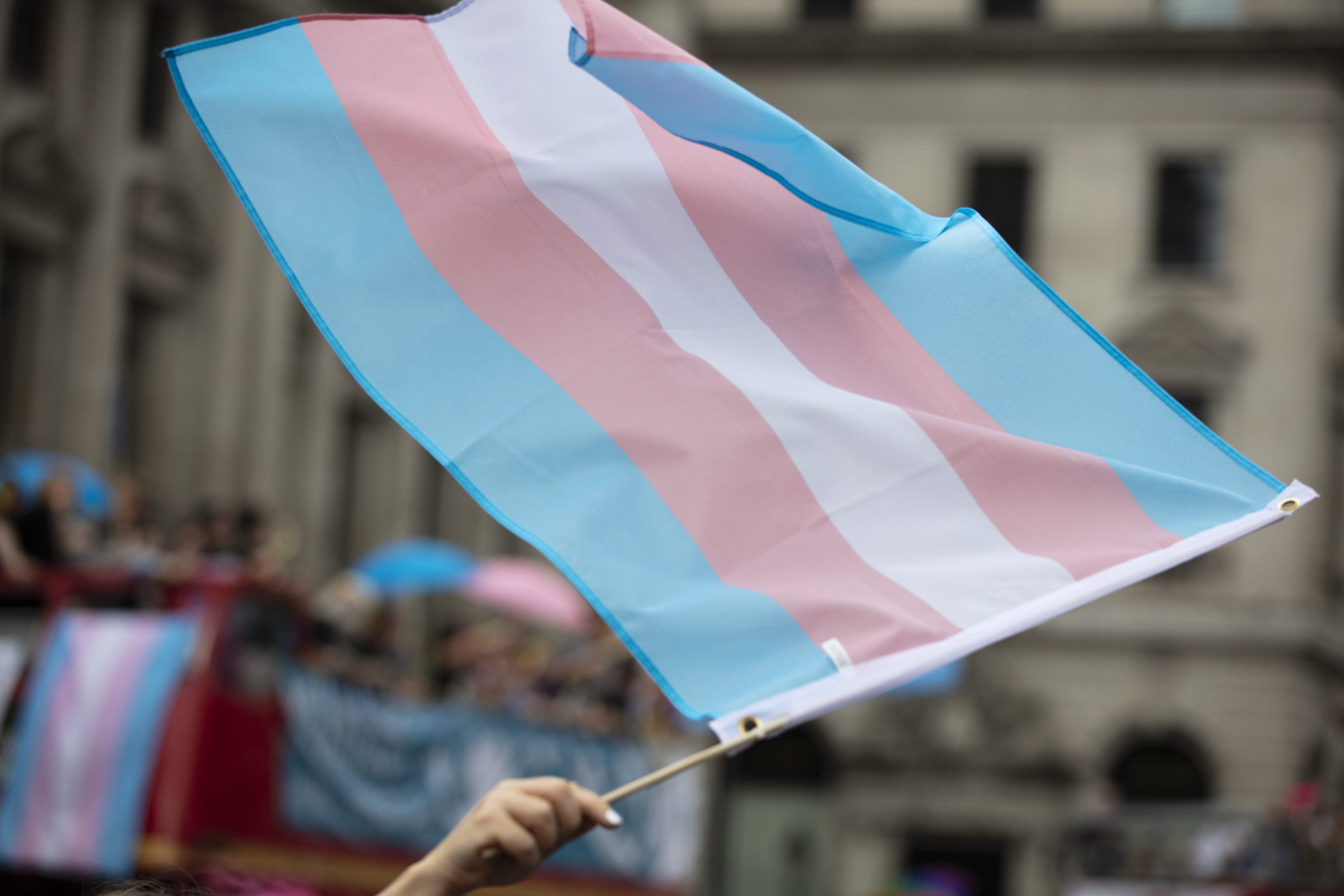Finns Turn against Puberty Blockers for Gender Dysphoria
Originally published at National ReviewFirst, it was the Brits and then the Swedes. Now, the transgender moral panic is receiving more pushback from the Finns.
Finnish medical guidelines are now opposed to most puberty blocking and adolescent transitioning, except in the most severe cases and, then, only in a research setting.
First, note this eye-opener that most cases of youth transgenderism resolve during puberty. Moreover, puberty blocking should not be among the first interventions attempted to relieve the child’s mental anguish. From the guidelines on treating youth gender dysphoria recently (unofficially) translated into English (my emphasis):
Cross-sex identification in childhood, even in extreme cases, generally disappears during puberty. However, in some cases, it persists or even intensifies. Gender dysphoria may also emerge or intensify at the onset of puberty. There is considerable variation in the timing of the onset of puberty in both sexes. The first-line treatment for gender dysphoria is psychosocial support and, as necessary, psychotherapy and treatment of possible comorbid psychiatric disorders.
Puberty blocking can cause serious physical side effects:
Potential risks of GnRH therapy include disruption in bone mineralization and the as yet unknown effects on the central nervous system. In trans girls, early pubertal suppression inhibits penile growth, requiring the use of alternative sources of tissue grafts for a potential future vaginoplasty. The effect of pubertal suppression and cross-sex hormones on fertility is not yet known.
As I have been saying, puberty blocking is human experimentation:
In light of available evidence, gender reassignment of minors is an experimental practice. Based on studies examining gender identity in minors, hormonal interventions may be considered before reaching adulthood in those with firmly established transgender identities, but it must be done with a great deal of caution, and no irreversible treatment should be initiated. Information about the potential harms of hormone therapies is accumulating slowly and is not systematically reported. It is critical to obtain information on the benefits and risks of these treatments in rigorous research settings
Any puberty blocking engaged should be as part of an experimental study, not a generally available intervention, and time needs to be given to see if psychological care and time resolve the issue:
A young person who has already undergone puberty can be sent to the research clinic on the gender identity of minors at TAYS or HUS for extensive gender identity studies if the variation in gender identity and related dysphoria do not reflect the temporary search for identity typical of the development stage of adolescence and do not subside once the young person has had the opportunity to reflect on their identity but rather their identity and personality development appear to be stable.
Puberty blocking should be the exception, not the rule:
Based on thorough, case-by-case consideration, the initiation of hormonal interventions that alter sex characteristics may be considered before the person is 18 years of age only if it can be ascertained that their identity as the other sex is of a permanent nature and causes severe dysphoria. In addition, it must be confirmed that the young person is able to understand the significance of irreversible treatments and the benefits and disadvantages associated with lifelong hormone therapy, and that no contraindications are present.
Finally, no youth mastectomies!
Surgical treatments are not part of the treatment methods for dysphoria caused by gender-related conflicts in minors. The initiation and monitoring of hormonal treatments must be centralized at the research clinics on gender identity at HUS and TAYS.
The transgender movement claims that people opposed to puberty blocking children with gender dysphoria are haters. Quite the opposite is true. Moreover, those who immediately leap to “affirm” transgender identity in children may be doing them terrible harm.
Somebody tell the American Academy of Pediatrics.
